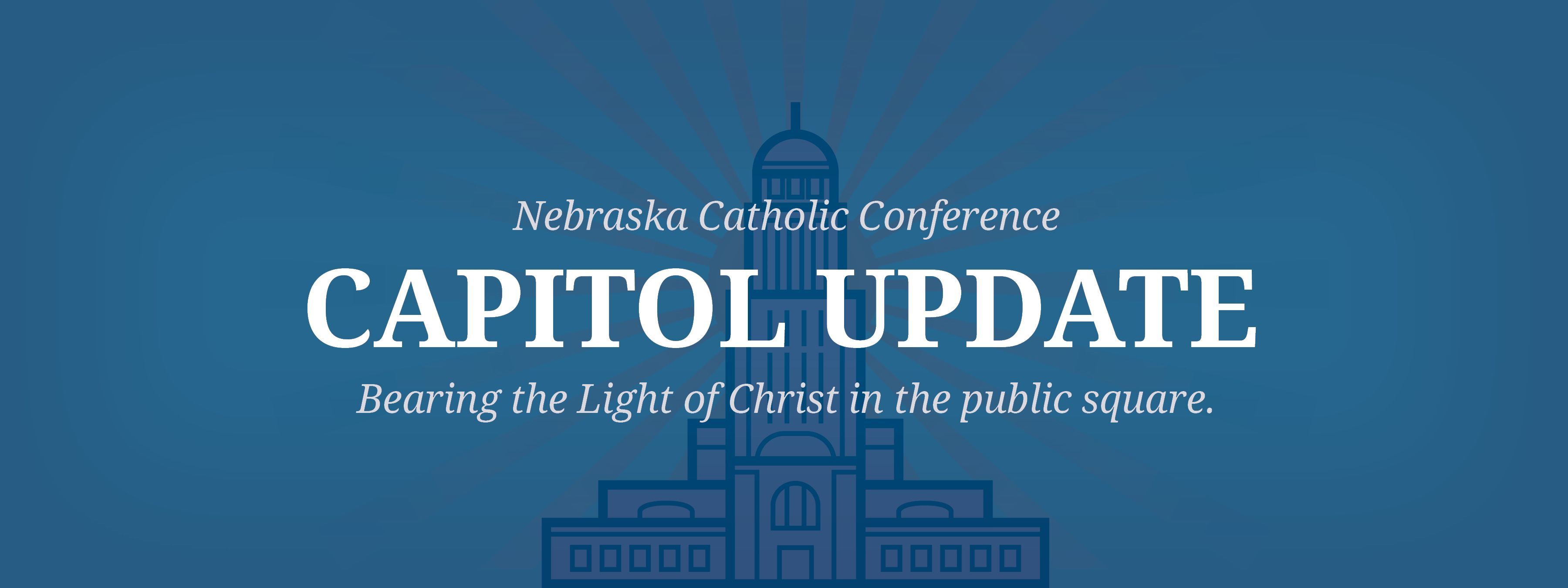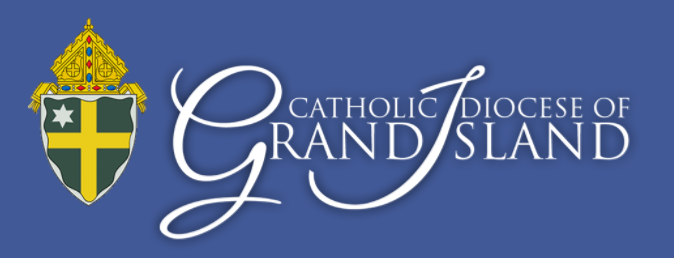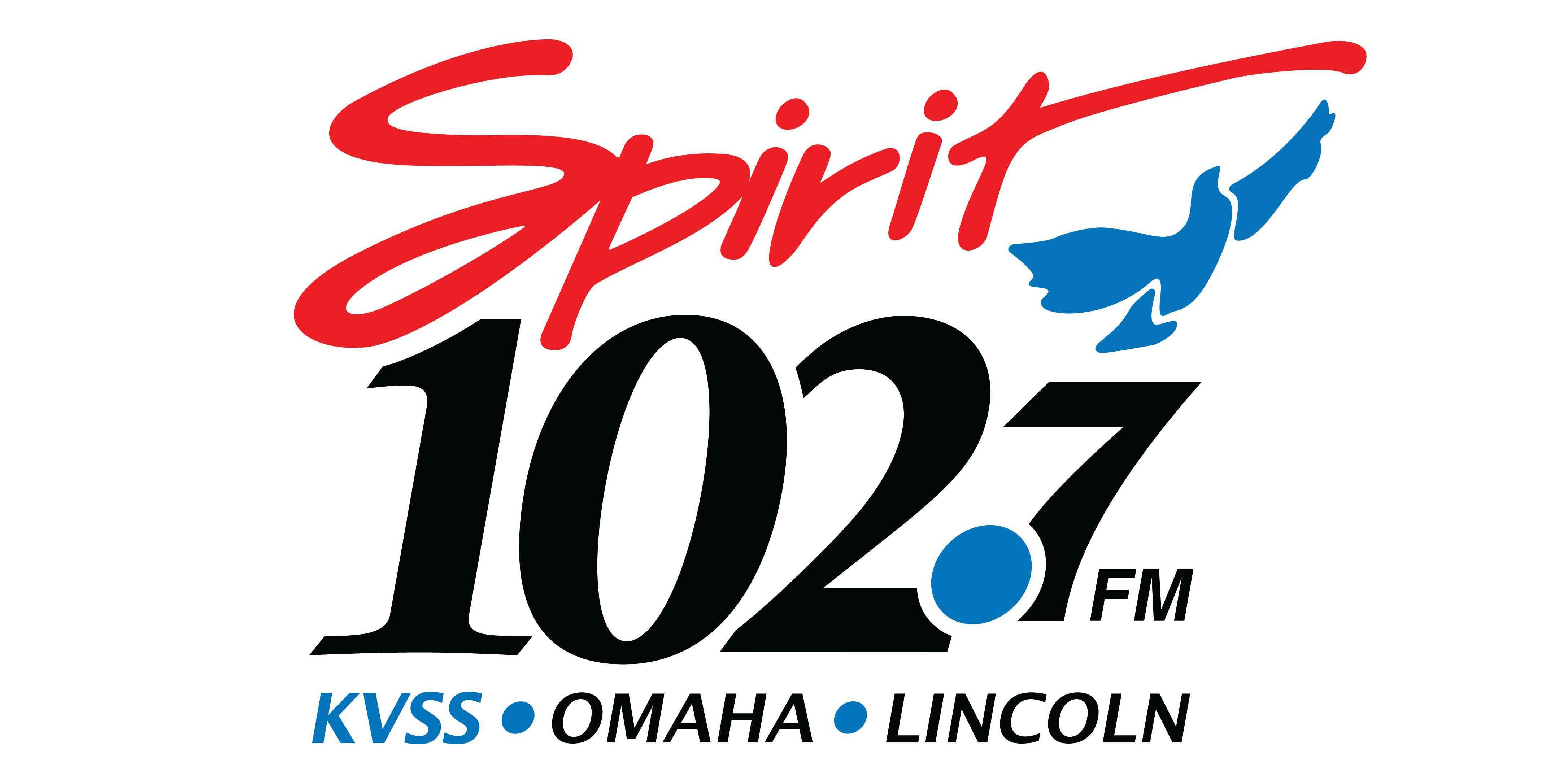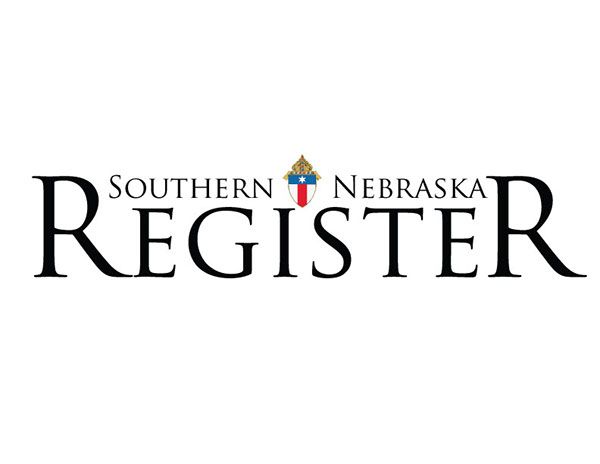As we near Election Day (Nov. 3), “conscience” will become a more prevalent theme and it will be absolutely critical that we understand what it means to “follow our conscience.”
When the term “conscience” gets thrown around in a conversation, it probably isn’t long before somebody starts thinking about Jiminy Cricket or the proverbial “Good Angel” and “Bad Angel” sitting atop our shoulders. Such popular images make us think of our conscience as some sort of outside force telling us what to do and not do. This elementary understanding of conscience might reveal some truths about “conscience,” but it is far from a complete and appropriate understanding of what our conscience is and what it means to follow it when it is well-formed.
Conscience is beautiful and powerful. It is God working in the human heart, showing us the truth and calling us to “do good and avoid evil.” To put it a bit more thoroughly, as the Catechism of the Catholic Church states: “Conscience is a judgment of reason whereby the human person recognizes the moral quality of a concrete act that he is going to perform, is in the process of performing, or has already completed. In all he says and does, man is obliged to follow faithfully what he knows to be just and right.”
Conscience demands of us the use of our reason. It requires that we determine the moral goodness or evil of particular actions. It also calls us to use our willpower and act in accord with what has been identified as good or evil. Such an understanding of conscience is a far stretch from more popular and false notions of “doing whatever feels good” or that “might makes right.”
But, how are we best to use our reason and determine moral goods and moral evils? As Catholics, we know a sure guide and answer to this question can be found through the wisdom of Sacred Scripture and the Tradition of the Church.
For ages, God has provided humanity with the revelation of what it means to be a human being created in the image and likeness of God yet fallen through our own sinfulness. And for the last two millennia, the Church has been further reflecting on the meaning of this revelation. The Church has also been wrestling more broadly with the many other sources of knowledge from which humanity seeks to quench its thirst for knowledge. The Church has wrestled with the great fields of philosophy, the natural sciences, the social sciences, the physical sciences, among the other sciences that have provided venues for furthering human knowledge of God’s creation.
Through all this reflection on Truth, the Church has come to understand reality in a way that “sets us free.” The Church can give us something our information age with its 24-hour news cycles and endless tweets can’t give us: a sure foundation for what is good and evil.
In light of this revelation of the truth, it becomes incumbent on us, as Catholics, to do an examination of conscience, so to speak, before we even begin evaluating any candidate or political party. We can ask ourselves questions like, ‘is my understanding of the right to life of the unborn child in union with Christ’s vision for pre-born life?’ ‘Is my view on marriage consistent with the Christ’s desire for marriage as a union of one man and one woman for life and for the good of children?’ ‘Do I see religious liberty as a robust freedom as the Church sees it, or have I reduced it to a mere freedom of worship?’ ‘Do I believe that the poor are to be given preferential care and treatment as Christ sets out in Matthew 25?’
Such questions and many others are questions we must ask ourselves as we approach Election Day. We must also find a cordial and charitable way to invite and ask others to consider these questions.
If we find ourselves misunderstanding some dimension of the moral life, we are obligated to do the “homework” of gaining clarity on the issue and assenting to the truth. This isn’t always easy, but it is the path toward freedom and the building up of the common good. Without this, we are liable to have a malformed conscience, which can lead us astray when faced with difficult moral decision, like voting. And, nobody wants to pursue evil—not simply because its effects are eternal, but more so because God made us in our very fiber to pursue the Good, the True, and the Beautiful.







